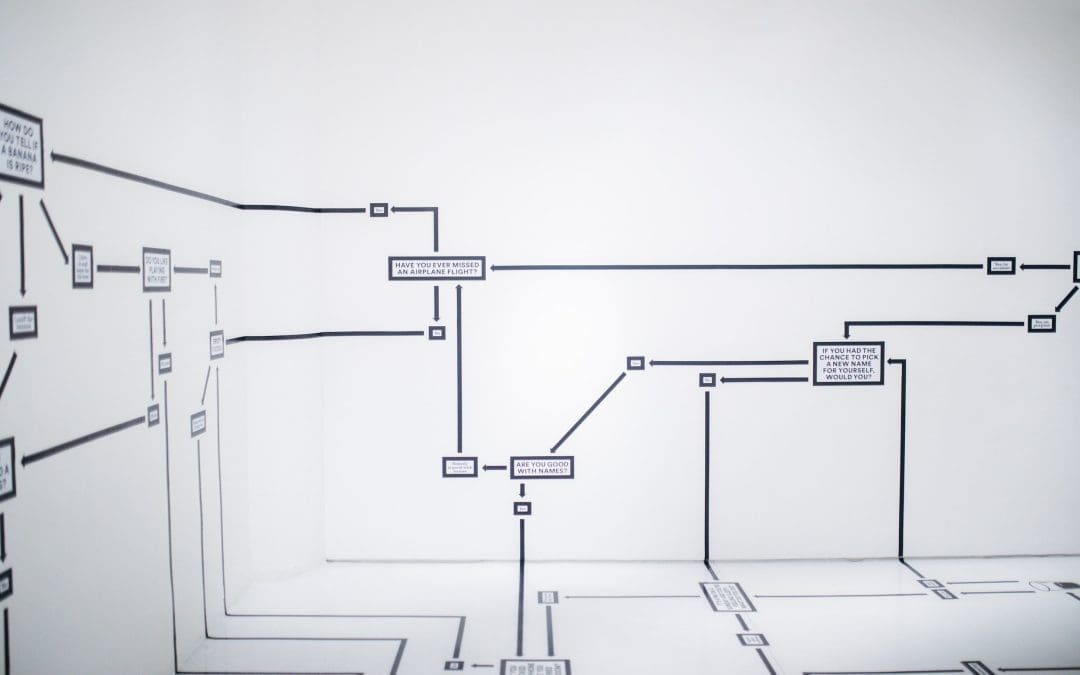How did you plan your career? I was asked this question last week and it took me a little while to answer it properly.
15 years ago, I would have told you my grand plans, what I’d achieve in 5, 10, 20 years and how I’d end up being the CEO (or Partner) of a company with plenty to say and plenty to decide.
How things actually turned out was a lot less planned but no less deliberate.
This week I want to share two different approaches to career planning as I’ve seen and experienced them.
Approach 1: You are aiming for a specific position or result
If you want to own a law firm or become a Chief Data Officer or lead a company of 250 people, there is likely a path you should take. At least there will be milestones and some requirements, e.g. certifications and professional qualifications that enable you to get to your goal.
Your career plan in this case is pretty clear from the beginning, as long as you continue to have this goal.
For example, if you want to become a Partner in a large consulting firm, there are several levels in the hierarchy that you must progress through. The requirements are known and there are indicative timeframes, e.g. it might take you anywhere between 15-20 years to go from Analyst to Partner.
Having a goal like this means the road is pretty clear, not easy, but clear. You will more likely focus on rising through the ranks, picking up responsibility as you go. This will inevitably involve people management and moving from an individual contributor role to a managerial role.
Approach 2: You don’t have an ultimate goal, but know what your milestones should look like
This approach doesn’t have the same long-term timeframe as the first one, and instead focuses more on the next step in your career, while also considering continuous progress. Progress can come in the form of specialisation, working in different industries, moving between different types of companies, or simply be based on an increase in salary.
Your career plan isn’t as straight-forward in this case, but there is more room for adventure as you try things out and build what I call a ‘portfolio career’.
I started my career with an ‘ultimate goal’ in mind – becoming a Partner at the consulting firm I was working in. After a couple of years, though, I changed my mind and focused instead on the next opportunity. I went from being an analyst and consultant to working in Financial Services as a business analyst. My goal was to build industry expertise and specialise more by focusing on internal processes.
In that role I discovered Tableau, data visualisation and analysis and decided I wanted to pursue that route with more intention. I became a Tableau consultant and trainer, getting certifications, attending conferences and delivering projects for clients.
From there, I worked on building public speaking skills, growing my network, helping companies establish and build their data culture and more.
What I’ve loved about the path my life has taken me – and what I hope you can take away from this – is that a career plan isn’t a one-size-fits-all solution.
I don’t have a vision board on my wall or a written plan with all the next steps sketched out. Instead, I immerse myself in the role I’m in and try to expand it in different directions, based on my remit and the strategy of my company. The goal, if I wanted to define one, is to be the best <insert title> I can be.
In our data and technology industry, there is constant evolution and change. We can’t determine today what we want to do in 5 years because so much happens in 5 years and we can’t possible anticipate all of it.
If you’ve been thinking about your own career plans and you’ve been worried that you don’t have enough clarity, that’s ok. You don’t have to have it all figured out. Start by focusing on the next step, whether that’s within your current role (new tasks, more responsibilities, etc.) or beyond.
Have a great week 🙂
Eva

